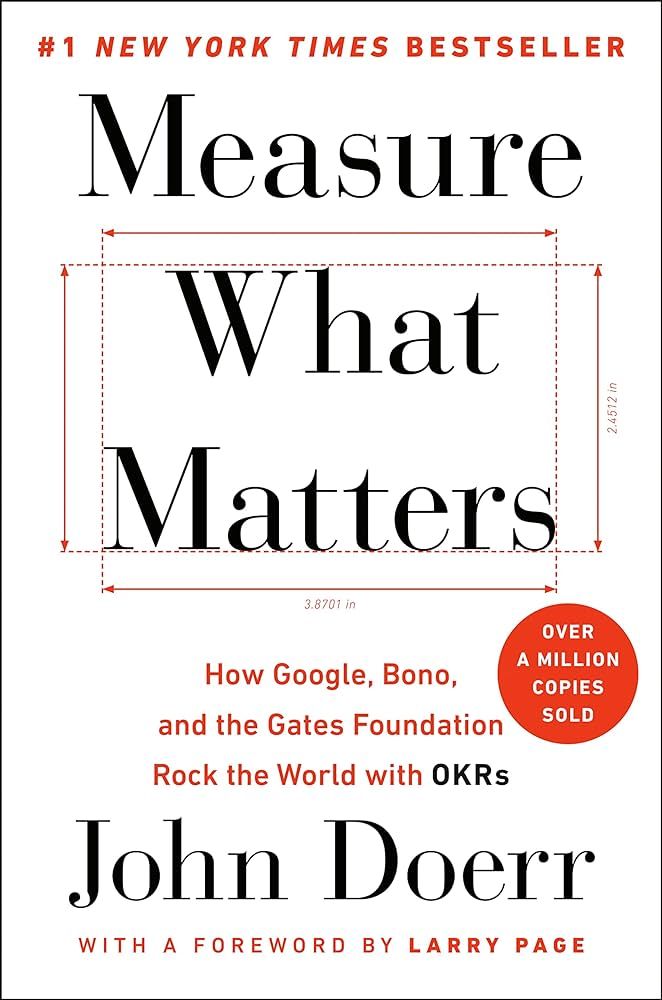This is the first article in a series that I will be reflecting on what I have learned in the past few years of working at tech companies I started working in the private sector shortly after graduating college. I quickly learned that a good college teaches you how to learn and adapt rather than preparing you for everything your first job can throw your way. I needed a lot of on-the-job training in order to become an effective individual contributor. Needless to say, I was wrong in assuming a recent college grad would make an immediate impact with little experience in a fast-paced environment.
Starting off as a young professional in a tech company, I regularly felt disorganized and disengaged from my colleagues and the organization as a whole. I often wondered how my coworkers on other teams were able to stay on task (or appear they were). The team I was on did not have regularly planned work, rather, it was extremely sporadic. When the workload was light my teammates and I would pretty much do whatever we wanted. When the workload was being piled on we were working on anything the other engineering teams wanted nothing to do with. I was quickly overwhelmed and frustrated by not having any idea how my work contributed to making the company better.
As the team developed over the course of several months my boss decided to instill the agile development methodology on my team. The idea was our team’s schedule would align with other engineering teams that were also using agile which would get us the help we needed on tough projects. Our conversion included moving to use scrum and working in two week sprints. Story pointing tickets were also introduced along with ticket grooming sessions. This worked great until the team was once again overwhelmed by other teams tossing random work our direction with no warning. Everything was a high priority and nobody seemed to care whether my team’s sprint got blown up or not. It felt like I was working at a startup again.
The first lesson I learned from all this was, if you go into something without a plan you will fail. Failure for me was being quickly overwhelmed and not being able to deliver any results. I had no plan so I had no evidence to justify pushing back on doing something that wasn’t worth my time or part of my job. I also had no direction. I wanted to climb the corporate ladder but I was finding it difficult to stand out. I was just going through the motions. There was a time when I was seriously considering changing jobs but I had no idea if another company would be the same, or worse. As the saying goes, the grass isn’t always greener.
I decided to stay put. The team I was on changed over the years; people coming and going. The number one complaint about my team was the work is too sporadic. In other words, we have no real plan or goals.
Fast forward about 2 more years. I’m still at the same company and looking to take over managing the team. My boss tasked me with reading a really eye-opening book about this concept called OKRs (Objectives and Key Results). This is not a new concept, in fact, it has been around for several decades. And my company tried to implement them (key word tried as they clearly had not read the same book I did). But the idea was pretty new to me, so after reading just a few chapters of “Measure what Matters” by John Doerr I was hooked.
In short, OKRs are a fancy way to set goals. But unlike traditional goals that can be ambiguous and unachievable, OKRs help to ensure you are focusing on what matters and align your efforts with your teammates and your organization. Breaking it down even further, an OKR includes an Objective (WHAT you want to achieve, plain and simple) and Key Results (HOW you will achieve the objective in a measurable way). Doerr had been pitching the concept for years to companies like Google and Intuit. I always wondered how such large organizations were able to get so much done with so many employees spread out across the world. Well, I guess I found my answer.
The key concept I was able to take back to my team was how to create OKRs that are impactful and measurable. In the past we had set goals like this, Increase the security team’s visibility into our company’s infrastructure. Now to some, the information included in the previous sentence is enough. But I would challenge that same person to work on a team spread out across three time zones (one of which is on the other side of the world) and have to interface with a group of other people that expect regular progress updates. I would then ask about how the work would be divided up amongst the team. Let’s see if people can remember their assignments halfway through the quarter :). How would we know when we were done?
We should really be structuring our team and organizational goals based on Objectives and Key Results. Take the same example, Increase the security team’s visibility into our company’s infrastructure. Now lets OKR-ify it.
| Objective | Increase the security team’s visibility into our company’s infrastructure |
|---|---|
| Key Result | Schedule and complete 3 proof of concept trials from 3 different vendors. |
| Key Result | Deliver results of the trials and vendor decision by mid February |
| Key Result | Communicate new security scanning tool to the org and applicable stakeholders by end of the end of February |
| Key Result | Deploy scanning tool to production by the end of the quarter |
Notice that the Objective remained the same, but it became much more achievable after removing some of the ambiguity by adding Key Results. Whoever owns this OKR still has some freedom to complete the project, but they can exercise that freedom within acceptable guardrails and not get too lost in the weeds. OKRs should be ambitious. Although the example provided isn’t very glamorous it gets the general point across. For context, each quarter my team of four takes on three OKRs related to the company while each person takes on their own personal OKR for the quarter. Personal OKRs can include pursuing industry certifications or some other sort of growth opportunity.
To bring things back full circle, I was able to help solve my original problem of not having a plan by implementing OKRs. Using properly structured OKRs I was able to push back on work that was not impactful or needed. I knew where my efforts were best spent to ensure I was having the most impact possible. I was able to plan the teams’ sprints more effectively. And I was able to increase engagement on my team as everyone now saw how their efforts boiled up to the goals of upper management.
I would highly recommend picking up “Measure what Matters’’ and giving it a read. Not only has it been proven to organize objectives in the professional sphere, but it could also help bring order to one’s personal life as well.

